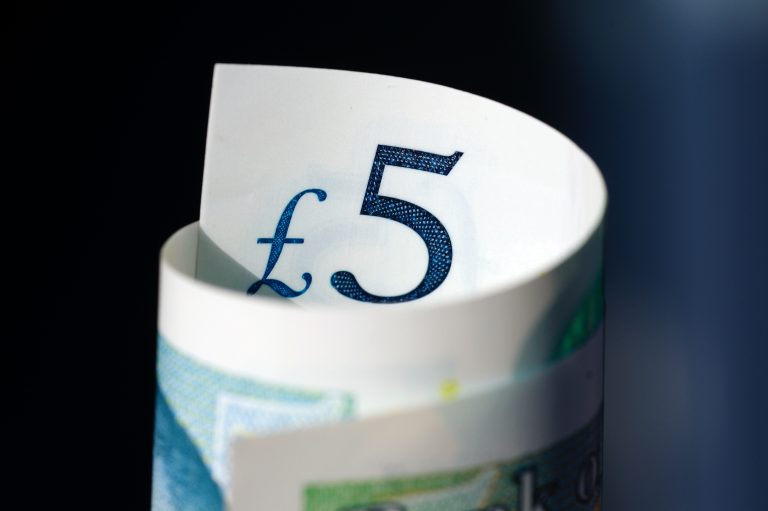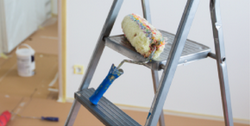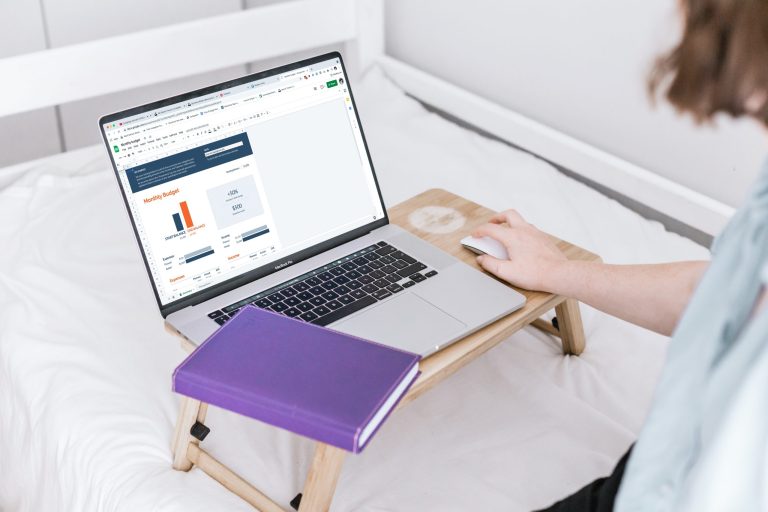
The financial resilience quiz consists of 5 questions, and your answers will give you an idea of your currently financial resilience, and suggest some improvements and short terms goals to help you on your journey to improving it. Answer the questions below and then look at the analysis section to find out what your answers mean.
Quiz
How would you describe your income and expenses?
- I spend more than is coming in.
- I pay my bills on time but have no additional for unexpected emergencies.
- I pay my bills on time and have some disposable income.
- I pay my bills on time, have some disposable income and I am saving for the future
Which statement reflects your bill paying history?
- Some bills have to wait.
- I pay my bills each month unless I have unforeseen expenses.
- I pay my bills but only have a little left over.
- I am always on time with every payment.
How long could you make ends meet if you lost your main source of income?
- Two weeks.
- One month.
- Three months.
- One year.
Are you taking steps to make sure you have money for emergencies?
- No.
- Yes, for small emergencies but could not manage a major illness or job loss.
- Yes, could manage some emergencies and stay afloat for six months or more.
- Yes, I am ready.
Do you plan ahead for expenses?
- No.
- Rarely.
- Sometimes.
- Always.
Analysis
| Mostly C & D | Mostly A & B | Mostly A |
| Healthy | Coping | Room for improvement |
| Stable, financially secure, prepared for emergencies and have some disposable income. | Pay bills on time, and prepared for some unexpected costs, but could improve. | Have little to no disposable income, not prepared for emergencies. |
| Current situation | How to improve | Short term goal |
| Healthy | Asses your level of disposable income and decide whether you can increase the amount you save. | Identify savings goals and work towards meeting them. |
| Coping | Make saving more of a priority. | Increase your emergency fund. |
| Vulnerable | Assess current expenses and identify areas which you could save money. | Start building your savings, so you can be prepared for some unexpected costs. |












